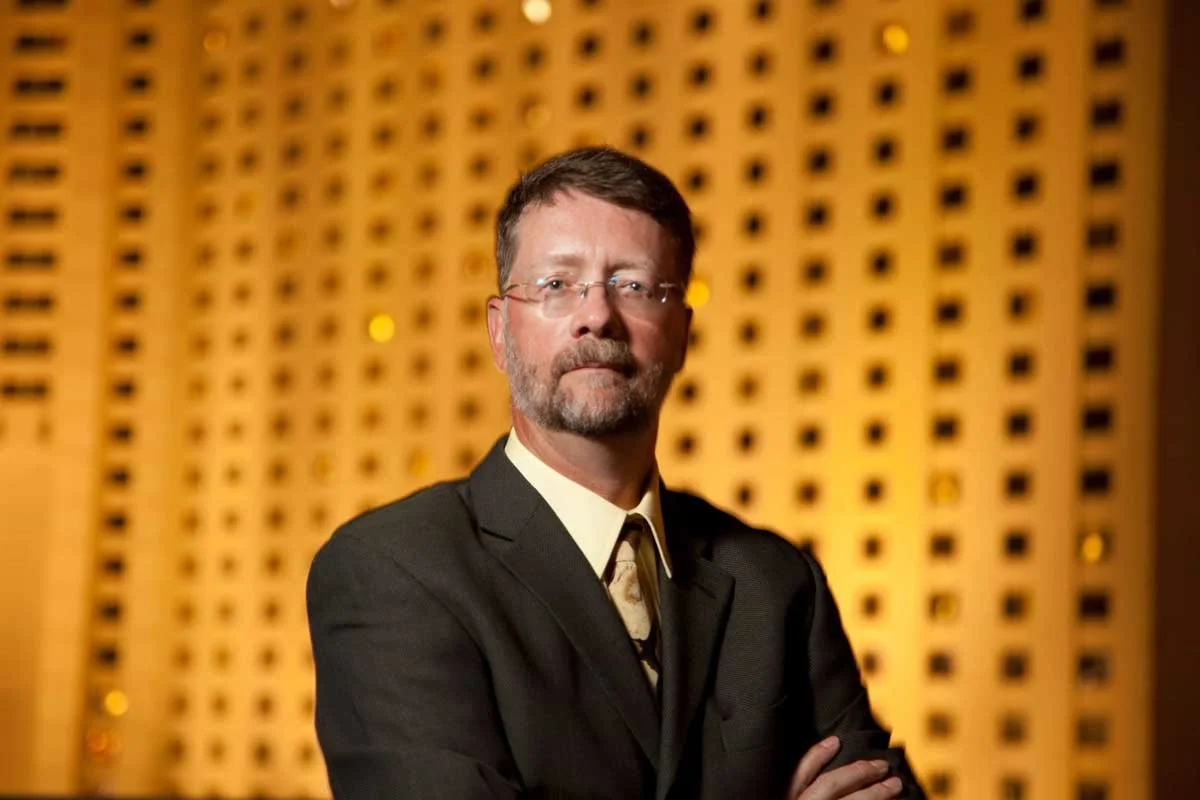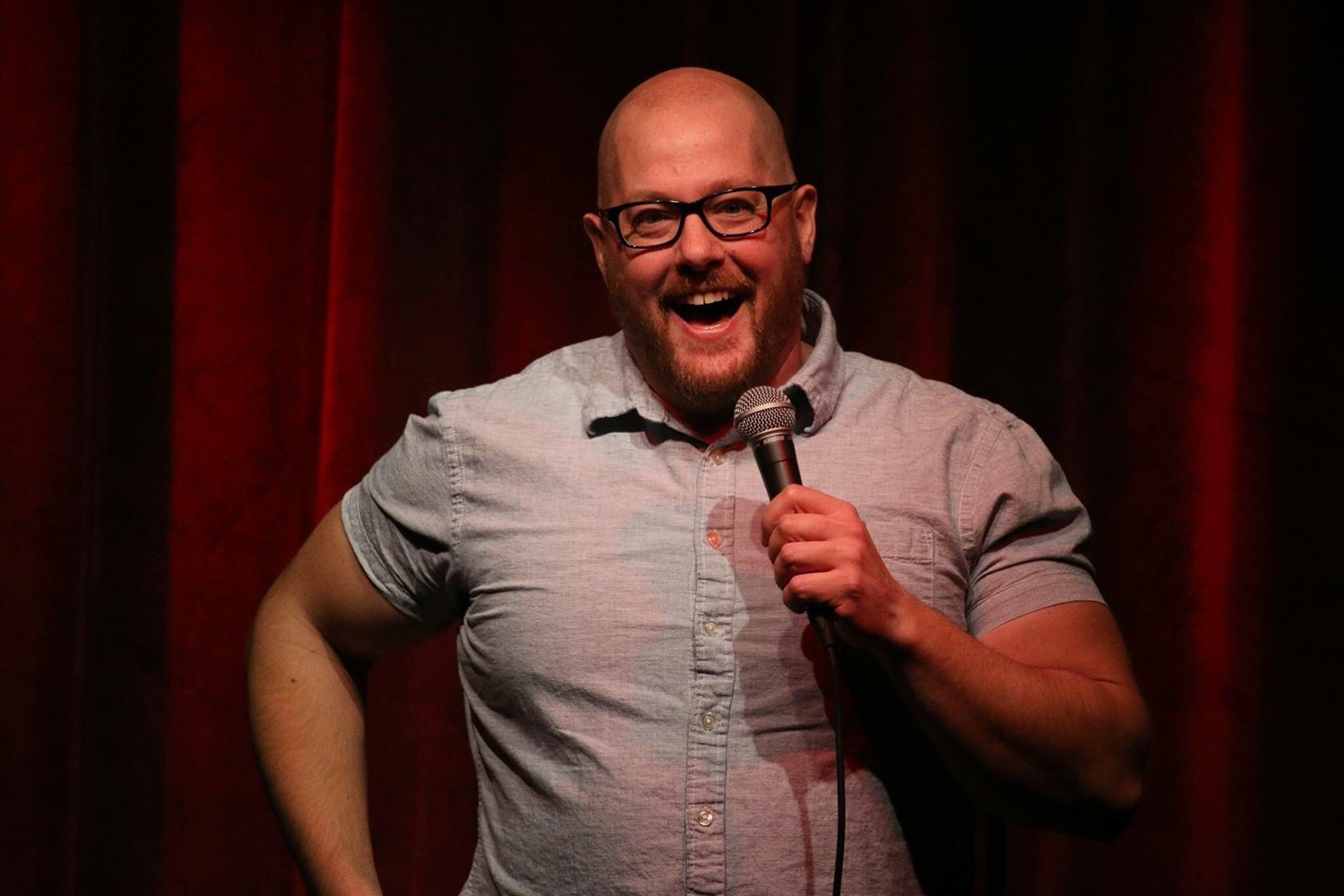Ed’s Topics
Price Gouging
Anti-Price Gouging Laws Make as Much Sense as Anti-High Temperature Laws, Mark J. Perry, American Enterprise Institute
Kevin Williamson, National Review’s economics reporter called price gouging “a public service.”
Robert Wood, TSOE’s Scifi Contributor asked Ron if he’d sell his generator to a rich person offering $10,000—to run his air conditioner—or to a family who needs it to keep a member alive on oxygen?
Free market prices don’t mean that allocations are made to the most worthy cause, otherwise the Kardashians would not be rich.
Self-driving cars update
Magna’s new MAX4 self-driving platform offers autonomy up to Level 4.
AI Lawyers
In an article from Washington Post by Elizabeth Dwoskin, Silicon Valley startup Atrium is looking to replace lawyers with computers. It has raised $10.5 million in capitalization, and it’s not going to bill by the hour!
Decentralized Predication Market
Check out www.augur.net, a decentralized (read can't be shut down) prediction market based on the Etherium blockchain.
Fascist Manifesto
In the 1919 document, Mussolini called for: universal suffrage; proportional representation; formal councils for experts; a minimum wage; reorganization of railway and transport sectors; reduction in retirement age from 65 to 55; a strong progressive tax on capital; outright seizure of 85% of profits on companies manufacturing military goods. Not exactly what you think of when you hear people say someone is a "fascist."
Ron’s Topics
“My car’s sexier than yours,” Schumpeter, The Economist, July 8, 2017
Ford and GM are at the bottom of the price-earnings ratio in the S&P index; the walking dead.
Terrifying signal: $18 billion combined profit last year, but a combined market value of $98 billion. Profits will half or worse in coming years.
Uber, Tesla, and Waymo are all worth more, yet all lose money and bring in little revenue.
Detroit execs sniff that Silicon Valley no idea how to make millions of vehicles safely. Tesla’s production is 1% of GM’s.
Both Ford and GM are making investments in the future, GM owns 9% of Lyft and Ford has invested $1 in Argo, AI for autonomous vehicles.
Investors don’t seem to care.
We may be at Peak Auto.
New strategy: ring-fence autonomous divisions, New Ford, New GM, for example, but the income statements won’t be pretty, nor have none of Tesla’s pixie dust (or subsidies). This is a typical incumbent’s dilemma.
Law firms can’t call nonlawyers ‘CEO’ or ‘chief technology officer,’ ethics opinion says
Listener Jim Borchers, a lawyer in St. Charles, MO sent us this.
From a Texas Bar ethics committee opinion: The word “officer’ indicates the person has the power to control either the entire law firm or significant areas of the firm’s operations.
Nonlawyers cannot direct or control the professional judgment of a lawyer.
Also, you can’t pay bonuses based on revenue or profit targets. Ethical guides ban sharing legal fees with a nonlawyer.
Firms can take revenue and profits into account for bonuses.
“American Men, Quit Your Whining,” John Tamny, Foundation for Economic Education, May 23, 2017
The last people to rate our compassion is men without work.
The rest of the non-English world working feverishly to learn English. American males already know the language.
Is the USA the land without opportunity? “Men without work”?
The per capita income of Shanghai, China’s richest city, $7,000. Aliquippa, PA, over $20,000.
Feminism has neutered men. Right, Tom Brady, Jeff Bezos, Derek Jeter curl up in the fetal position each night. By this logic, men wouldn’t be thriving in professions of all kinds.
This is a certain sign that the USA is so rich it must find problems to invent as opposed to solving real ones.
The book Hillbilly Elegy, J.D. Vance makes the same point about social capital, and argues we need to stop the blame game.
“Human capital: The People’s Champion,” The Economist, August 5, 2017, Six big ideas
Gary Becker and human capital, RIP 2014. 1992 Nobel winner, pushing economics into new spheres of human behavior.
In 2004, a panel of German linguists deemed “human capital” the “most offensive word of the year.”
Why do families in rich countries have fewer children? Because they invest more in each one’s human capital.
Why do companies in poor countries provide meals to workers? To keep them rested, well-fed, makes them more productive.
Why each new generation spent more time in school than one before? Because a longer life expectancy raised profitability and ROI of education.
Why have earnings of highly skilled workers risen even as their numbers have also increased? The increasing returns from human capital.
Human Capital is defined as: the abilities and qualities of people that make them productive.
Economist Arthur Pigou coined the term.
America’s GI Bill, post WW II, is usually believed to be the dawning of the knowledge economy.
Becker did distinguished between specific and general human capital.
¼ rise in per-person incomes from 1929-1982 is due to increases in schooling. Much of the rest is harder to measure.
Two interpretations: government should invest more in education; or 2) returns so big to individuals, they should pay for it themselves.
Becker distinguished between bad inequality and good inequality. Doctors, scientists, programmers, etc., motivated to tackle tougher subjects, thus pushing knowledge forward.
According to The World Bank, human capital is 80% of the developed world consists of human capital.



















